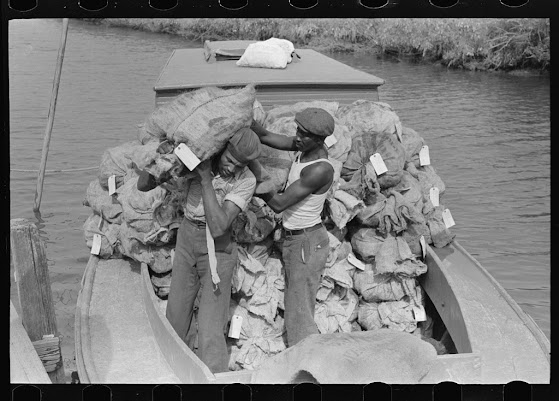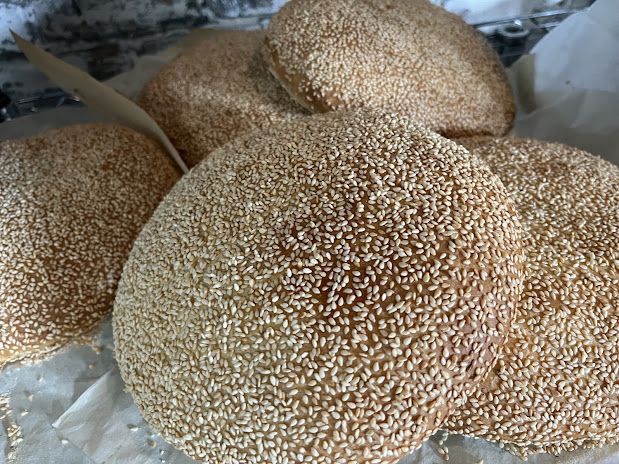A Brief History of African American Fishing Communities in Louisiana
African American Fishing Communities
The history of African American fishing communities in Louisiana is deeply intertwined with the state's cultural and economic history. These communities have played a significant role in shaping the state's fishing industry, cuisine, and overall culture. Here's an overview of the history of African American fishing communities in Louisiana:
Historical Background: With roots dating to the slavery era, African Americans played a crucial role in shaping the region's culinary heritage and fishing industry. While specific documentation of the roles they played in the fishing industry may be limited, it is obvious that without their force labor, Louisiana’s seafood industry would never have grown and prospered as it has.
Post-Emancipation: After slavery, African Americans continued fishing, residing in self-sustaining communities near water, developing unique traditions. Significant black communities resided in nearly every coastal region of Louisiana including Grand Isles, Plaquemines Parish, Jean Lafitte and Barataria, Bayou Lafourche and Houma-Thibidaux.
Rise of Commercial Fishing: In the late 19th and early 20th centuries, African Americans contributed significantly to the expanding commercial fishing industry.
Boat Captains and Fishermen: Involved in various fishing roles, from boat captains to fishermen, African Americans contributed to industry sustainability.
Oyster Harvesting: African American oyster harvesters played a crucial role in the oyster industry, particularly in oyster-rich areas.
In the Restaurants: Whether it’s as restaurant owners, oyster shuckers, chefs, servers, prep cooks or dishwashers, African Americans have formed the foundation and been the primary workforce of seafood eateries throughout the Gulf South.
Legacy of Expertise: Deep knowledge of local waters and fishing techniques passed down through generations contributed to Louisiana's fishing culture.
Culinary Influence: African American contributions to Creole and Cajun cuisine are immeasurable, in fact, essential. Dishes like gumbo, Creole shrimp, jambalaya and others reflecting African and Afro-Caribbean roots have become definitive on regional menus.
Civil Rights Era: The Civil Rights Movement led to some increased opportunities for African Americans in the fishing industry, impacting aspects of economic and social integration. Pushes for black entrepreneurship led to owning and operating fishing vessels, seafood markets, and processing facilities. Though there was progress during the Civil Rights Era, significant challenges were ever present thanks to imbedded social and institutional racism, a condition which exists to this day in the seafood and other industries.
Modern Times: Thriving and adapting to change, African American fishing communities remain integral to Louisiana's cultural heritage and culinary traditions.
The history of African American fishing communities in Louisiana is a testament to the resourcefulness and contributions of this community to the state's cultural and economic fabric. Their legacy endures through their continued presence in the fishing industry and their outsized influence on the rich and diverse cuisine of Louisiana.



Comments
Post a Comment